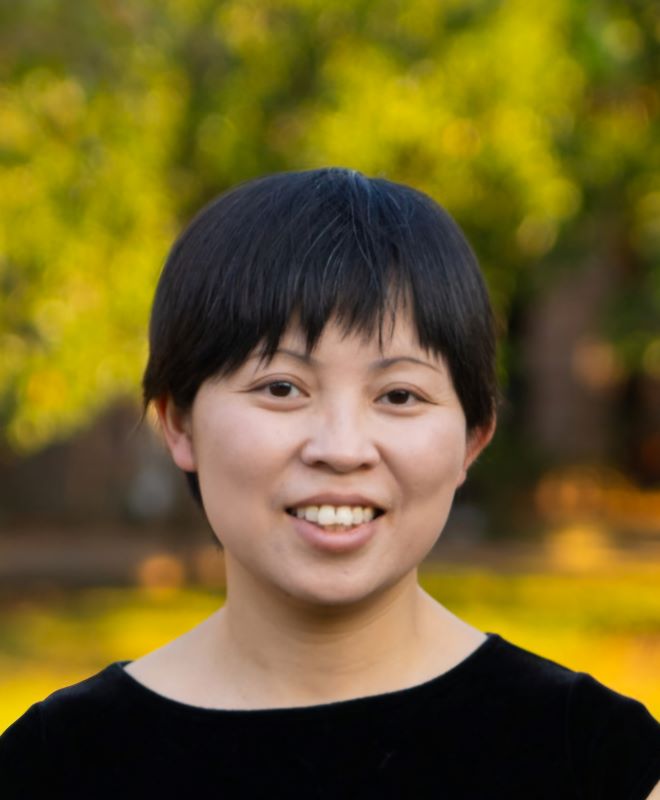November 12, 2024
Susie Dai, professor of chemical and biomedical engineering, is joining Mizzou’s faculty with a mission: to find new ways to utilize carbon dioxide (CO2) while improving the economy. And she’s bringing with her the resources and partnerships of an inter-institutional research center.

“Climate change isn’t going away, we need to find new ways to get rid of excess CO2 that organizations will utilize,” Dai said. “We have options now, such as carbon capture and sequestration, but they’re expensive. It is hard to convince people to pay to inject CO2 underground. I’m working to develop a solution that both reduces emissions and waste and drives a circular bioeconomy.”
Dai is a co-principal investigator on a National Science Foundation (NSF)-funded Engineering Research Center (ERC) housed at Washington University in St. Louis. The center, Carbon Utilization Redesign for Biomanufacturing-Empowered Decarbonization (CURB), operates with the goal of driving innovation in manufacturing that decreases greenhouse gas emissions.
“This discipline requires strong researchers across many areas,” Dai said. “You need chemistry and chemical engineering to convert CO2 with a high efficiency. You need biology and biological engineering to program different microorganisms and enzymes that can convert carbon intermediates. We’re bringing these together along with social scientists to consider the societal impacts of this work as we develop this bioeconomy.”
As a part of this group, Dai is using her chemistry and bioengineering backgrounds to use electrochemistry to convert CO2 into a soluble intermediate that bioengineered microorganisms can use. Essentially, she’s working to develop a system to turn CO2 into food for organisms, like bacteria, that then produce useful chemicals for manufacturing processes.
“We want to empower these organisms to be able to create chemicals more efficiently that we can then use to create new products that benefit society,” she said.
Interdisciplinary research inspiring innovation
Beginning her career as a chemist, Dai always wanted to become a biologist. She started working to valorize agriculture waste before expanding to environmental remediation methods.
It was during that work that she began combining electricity and electrocatalysis with bioengineered microorganisms, making them more efficient at bioremediation.
“I realized that since we can use microorganisms to create a better recycling system, we can use these microorganisms in something that recycles CO2 to create better products,” Dai said. “In chemistry, when you break a chemical bond, you will build a new chemical bond. It’s the same thing here. Something breaks so that another thing is built. I used this principle to develop this new idea.”
Dai’s lab specializes in producing biocompatible CO2 intermediates—products created from CO2 that can be used to make other things—such as ethanol. At Mizzou, she will be focused on two tasks. First, working to improve the efficiency of CO2 conversion into these intermediates. Second, she will be adapting different microorganisms and purifying different enzymes to improve their capacity and specificity to consume the intermediates her team produces.
Applications of her research include developing microorganisms that can convert CO2 into bioplastics and microorganisms that can convert CO2 into lipids, which can then be used to produce diesel fuels. Research into these applications is in the process of publication.
“The more efficient you can make a process, the lower the costs will become,” she said. “When you apply these concepts at a large manufacturing scale as we’d like to do in these projects, it has to be cheap to be an acceptable solution. Our goal is to make an impact, so we’re developing something that organizations will want to use to create a more sustainable world.
“The social costs of not creating these solutions to reduce climate change are in the trillions of dollars,” Dai said. “We’re not going to prevent another hurricane or natural disaster next year, but these efforts could contribute to preventing one next decade.”
Choose a university that is committed to diversifying research to tackle pressing issues. Choose Mizzou Engineering!